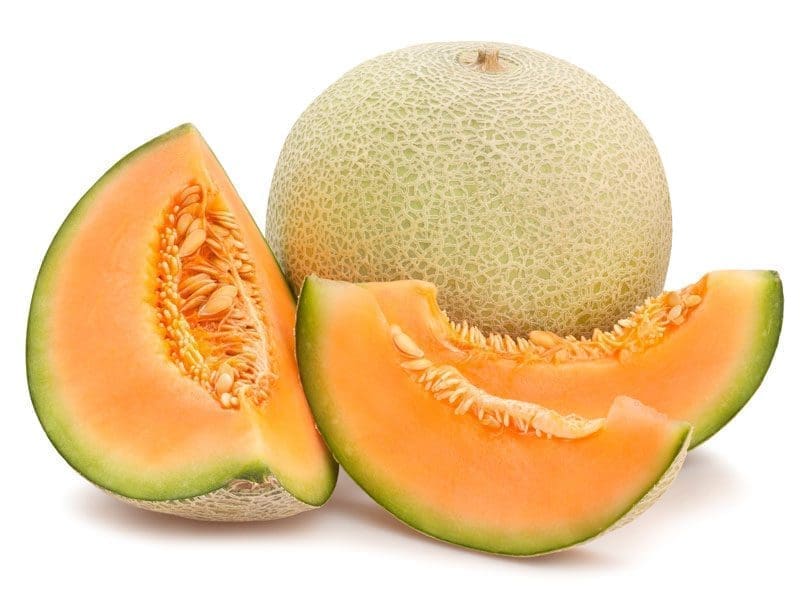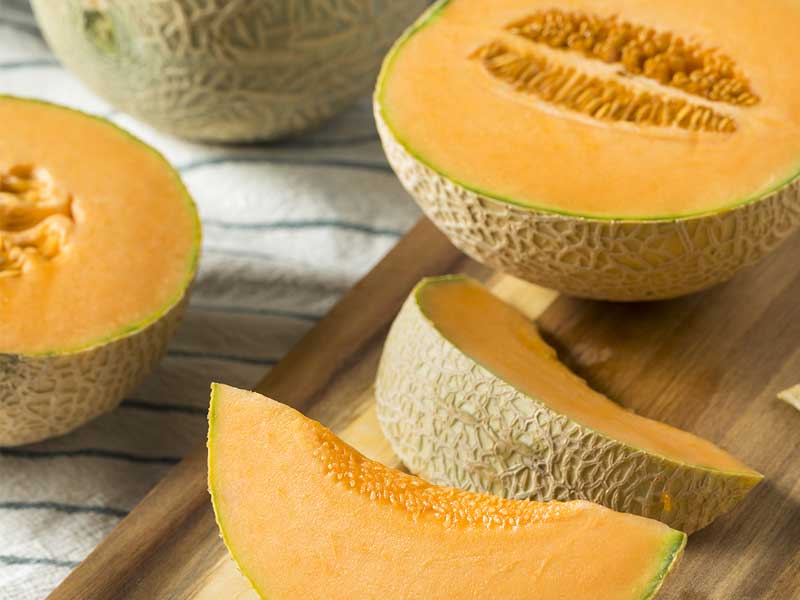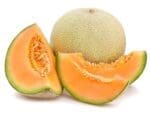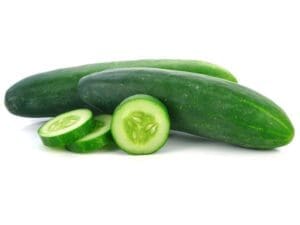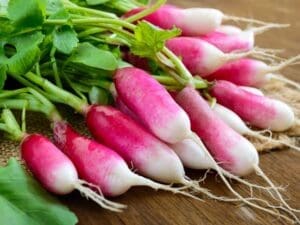ROCKMELON ‘Planters Jumbo’ Seeds
Botanical Name: Cucumis melo
Important Notice: These seeds have been treated with a fungicide (Thiram). Do not consume the seeds or feed them to animals. Fungicide treatment is a requirement under AQIS regulations for certain seed varieties. This treatment does not affect the growth of your crops or pose a risk to beneficial insects like bees. We make every effort to source untreated seed stock whenever possible; however, availability in Australia is extremely limited.
- Developed to grow in hot humid climates and is resistant to Powdery and Downy Mildew.
- Fruit are 17cm x 15cm and average 1.5 to 2 kg
- Have a firm rind with light ribbing and a smooth heavy net.
- A prolific rockmelon variety producing large, round fruits with sweet, deep orange flesh.
- Features a heavily netted tan skin and firm texture, perfect for slicing and enjoying fresh.
- Compact, semi-bush growth habit makes it well suited for raised beds, containers, or smaller gardens.
- Ideal for fresh eating, fruit salads, smoothies, and summer desserts.
- Thrives in warm, sunny locations—plant only after the risk of frost has passed for vigorous growth.
- A great choice for gardeners seeking big, flavourful melons in a more space-efficient plant.
Plant Details:
- Plant Type: Annual semi-bush vine, more compact than traditional rockmelon varieties
Sowing Information:
- Sow When:
- Temperate: October – December
- Subtropical: September – November
- Tropical: August – October
- Cool: Not recommended
- Arid: September – November
- Germination: 7 – 10 days
- Germination Temperature: 22 – 30 °C
- Depth: Sow seeds 2 – 3 cm deep
- Position: Full sun
- Sow Where: Direct sow into prepared garden beds or large pots
- Soil Type: Well-drained sandy or loamy soil, pH 6 – 7.5
- Spacing: 60 – 90 cm between plants, 120 cm between rows
Details:
- Water consistently, keeping soil evenly moist, especially during flowering and fruiting.
- Mulch well to retain moisture and reduce weed growth around plants.
- Feed with a balanced fertiliser early on, switching to a low-nitrogen, high-potassium fertiliser once flowering begins to promote larger fruit.
- Water at the base to help prevent fungal issues on leaves.
- Rotate crops annually to reduce build-up of soil-borne pests and diseases.
- Use straw or cardboard under ripening melons to prevent rot and keep fruit clean.
- Due to its semi-bush habit, plants remain more contained than traditional trailing varieties, making them easier to manage in smaller spaces.
Harvest:
Approximately 80 – 95 days after sowing, when fruits develop a sweet fragrance, the skin turns golden-tan, and the stem slips easily from the fruit.

